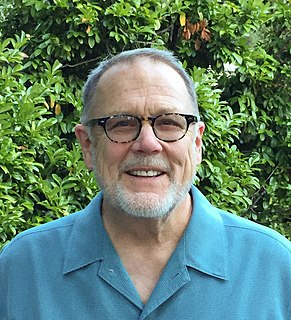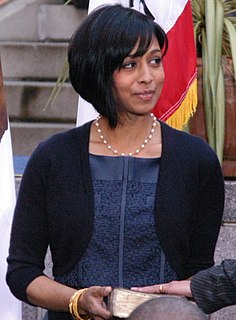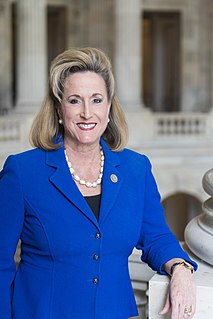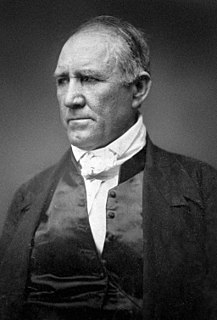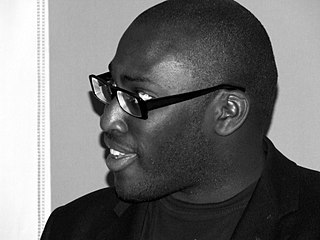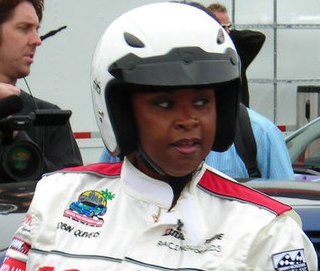A Quote by Emily Oster
Much of what I do in my job is think about whether relationships we see in data are causal, as opposed to just reflecting correlations. It's exactly these issues which come up in evaluating studies in public health.
Related Quotes
The public interest always surprises me. I come to work in these rooms with no windows. At night I go home. I just live my life. I guess I just don't think much about whether people are going to watch. Most of my friends don't know much about what I do, and we don't talk about it. I have a different life away from work. Which is fine, because my work can get pretty intense.
I think, at some level, we see young people all over the country mobilizing around different issues, in which they're doing something that I haven't seen for a long time. And that is, they're linking issues together. You can't talk about police violence without talking about the militarization of society in general. You can't talk about the assault on public education unless you talk about the way in which capitalism defunds all public goods. You can't talk about the prison system without talking about widespread racism. You can't do that. They're making those connections.
I think that we should take the tragedy that happened in Newtown and have a full comprehensive dialogue about all issues, whether it has to do with mental health, whether it has to do with the social decline of our young people and some of the things that they are exposed to, whether it has to do with the firearms and guns.
I would be lying, if I said that sometimes it is just a job that you show up for because you're getting paid, and that's important, too. But, if you can be in a state of mind where you enjoy your job, whether it's just a job, or it's actually cathartic for you, or it's something personal. I think it would be much easier to be content with doing a good job.
I have ever been opposed to banks, - opposed to internal improvements by the general government, - opposed to distribution of public lands among the states, - opposed to taking the power from the hands of the people, - opposed to special monopolies, - opposed to a protective tariff, - opposed to a latitudinal construction of the constitution, - opposed to slavery agitation and disunion. This is my democracy. Point to a single act of my public career not in keeping with these principles.
People always go on about how fantastic relationships are in the beginning, and of course everyone hates relationships when they end, but what about the middles? the middles where you know everything there is to know. Where you can look at the person you love and know what they're thinking, see something on the telly and know how they'd react;When you know exactly what they'd wear to come round and see you.
I think that different leaders, whether it`s Bernie Sanders, Hillary Clinton, or Paul Ryan, saying that we`re not going to turn on each other, which is exactly what ISIS wants. I think that`s what this moment calls for and I think, right now, you see who are the pandering demagogues, and who are the people who really have a higher standard and the best public interest at heart.


